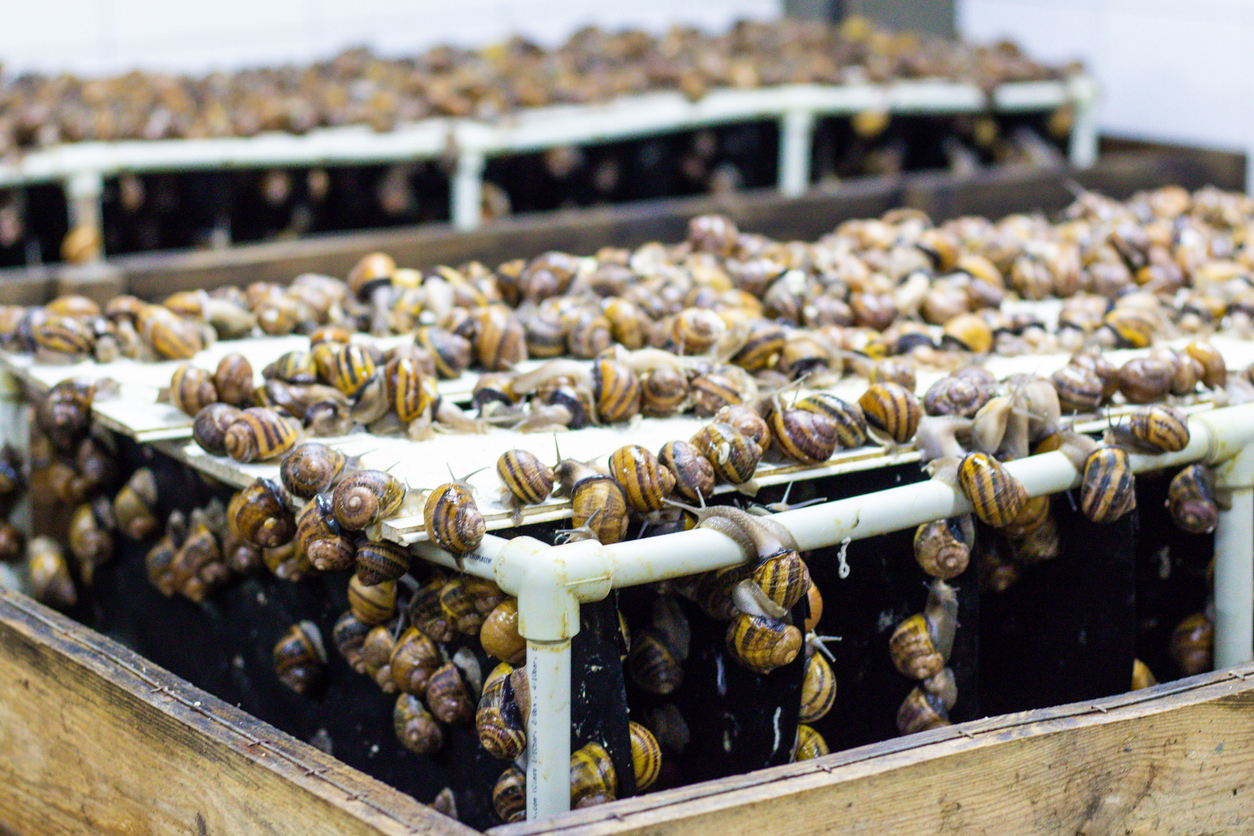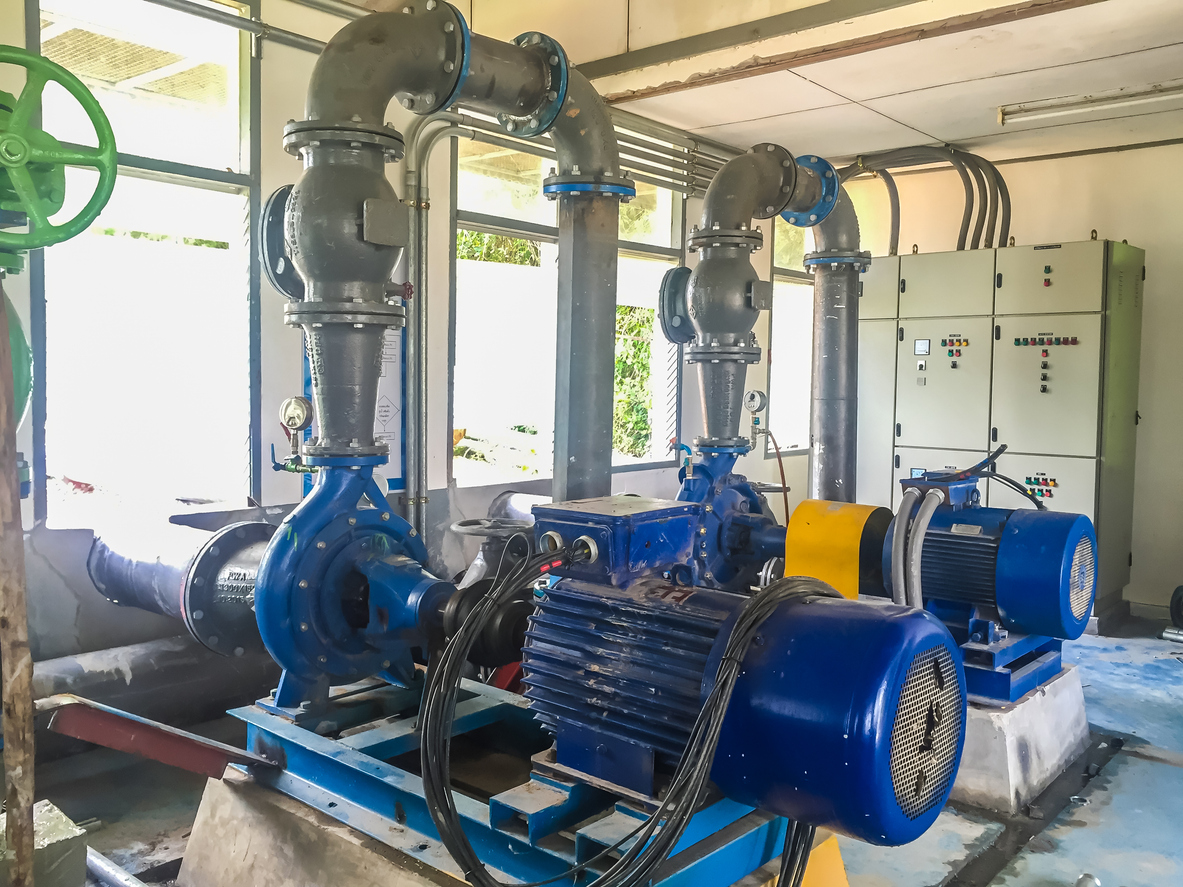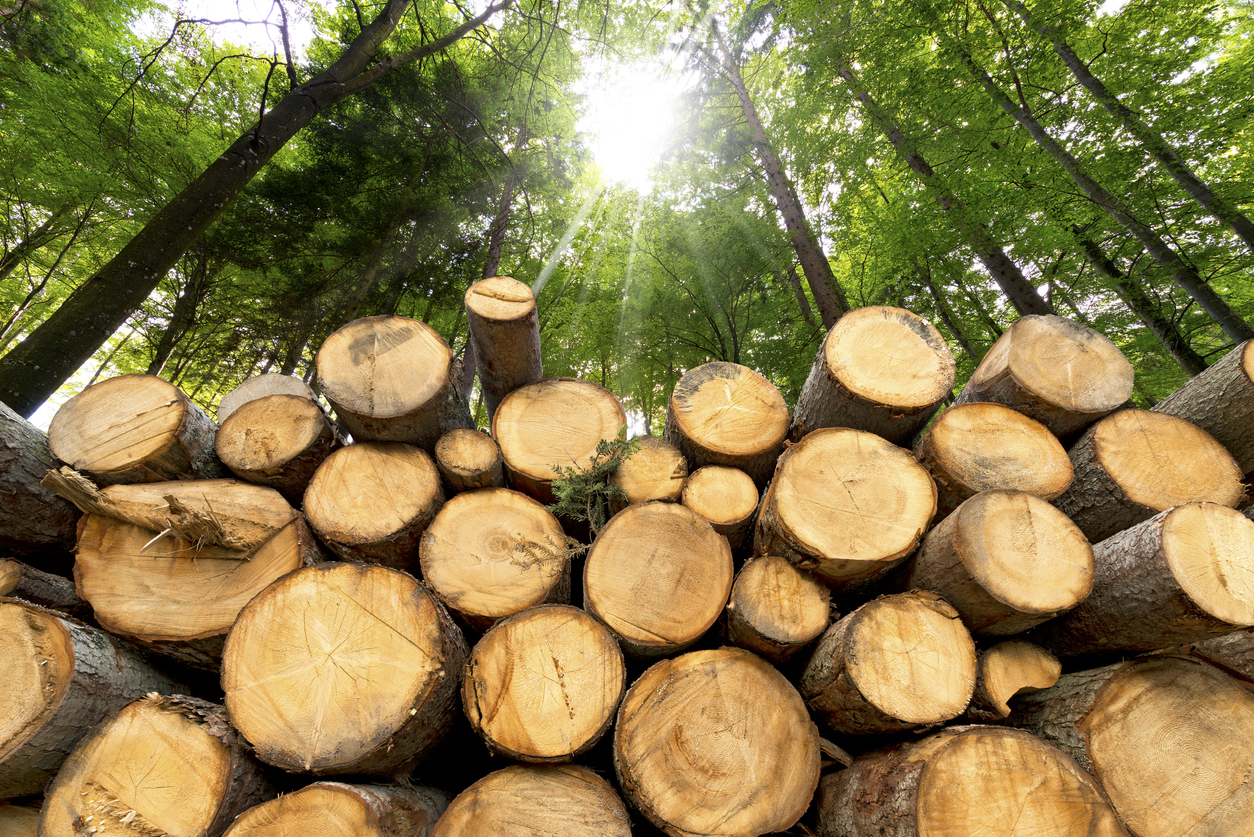How To Start Snail Farming in Nigeria: A Step-by-Step Guide
How To Start Snail Farming in Nigeria: A Step-by-Step Guide
Nigeria is known for its diverse agricultural sector and, as a result, presents a great opportunity for entrepreneurs looking to start their own farming business. Snail farming is an emerging, lucrative agricultural venture which is relatively easy to get into, making it a great business opportunity for those in Nigeria. This step-by-step guide will provide an overview of the process of setting up a snail farming business in Nigeria, from acquiring the necessary resources to the production and marketing of the product. This guide will also provide information on the types of snails suitable for farming in Nigeria, the most common farming techniques, and the necessary regulations and permits needed to start a snail farm. With this guide, entrepreneurs can be assured of a successful start to their snail farming business.
Overview of Snail Farming in Nigeria
Snail farming is the production of edible snails for human consumption. It is a great agricultural venture for farmers in Nigeria because snails are easy to breed, require very little space, and can be grown in both indoor and outdoor environments. The domestic edible snail has been consumed in Nigeria for a long time. This is because the snail is a cheap source of proteins and vitamins. Because the snail farming industry is relatively new, it has not yet fully developed in the country. This means there is a great opportunity for entrepreneurs wanting to get into this business. This is because they will be one of the first to establish themselves in the market as it grows. Snails are also easy to harvest — they can be collected manually or using a machine. This means that snail farming is a very low-cost operation, which makes it a great business opportunity for small-scale farmers looking to start their own venture. Additionally, snail farming is highly lucrative, providing a great source of income for entrepreneurs. As the industry develops, and more people are exposed to the nutritional benefits of eating snails, the demand for this product is expected to increase. This means that snail farmers will be able to sell their product at higher prices in the future.
Types of Snails Suitable for Farming in Nigeria
There are many species of snails that are suitable for farming in Nigeria. Most of these snails are tropical, which means they thrive in the warm climate of the country. Some of the most commonly farmed species of snails in Nigeria include: – African giant land snail – These snails are also known as giant West African snails. They are native to Africa and are one of the largest species of snails in the world. They have thick, fork-shaped shells that can grow up to 8 inches in length. These snails are known for their high protein content and make great food for humans. Their shells can also be used to make jewelry. – Apple snails – Apple snails are among the most popular species of snails for snail farming in Nigeria. These snails are easy to find, reproduce quickly, and are easy to maintain. They also have a wide range of habitats, which means they can be grown in both humid and dry environments. Apple snails thrive in tropical conditions and can be grown both indoors and outdoors. – Giant African snails – These snails are also known as the giant East African snail. These snails are mostly found in tropical countries such as Nigeria. They are often used in breeding programs because of their high reproduction rate. – Malaysian snails – Malaysian snails, which are also known as the Malaysian trumpet snails, are one of the most commonly farmed species of snails in Nigeria. They are native to the tropical climates of Southeast Asia and are often used as bait for fishing.
Common Snail Farming Techniques
There are several common snail farming techniques used in Nigeria. The type of technique used will depend on the species of snail being farmed as some species are more susceptible to particular diseases than others. – Incubation – This is the process of incubating the eggs of the snail until they hatch into juvenile snails. After the incubation period, the snails are ready to be sold to customers. – Manual harvesting – This is the process of collecting the snails manually from the farm. – Mechanical harvesting – This is the process of collecting the snails mechanically from the farm. – Natural breeding – This is the process of allowing the snails to breed in their natural habitat. It is also used to increase the number of breeding snails.
Resources and Equipment Needed to Start a Snail Farm
To start a snail farming business, entrepreneurs must first acquire the necessary resources and equipment. These include: – Farm land – In order to grow the snails, entrepreneurs must have a plot of land that is large enough to accommodate the breeding area. The land should be well-drained, have good soil drainage, and be free of contaminants and other dangers to the snails. – Feed – Snails need to be fed regularly in order to survive and be healthy. The feed will depend on the species of snails being farmed in Nigeria. For example, African giant land snails should be fed with grains and legumes, while Malaysian trumpet snails should be fed with cassava leaves. – Shelter – The snails need to be kept under shelter to protect them from diseases, extreme weather conditions, and predators. – Water – Snails are aquatic and need access to clean water at all times. – Equipment – Entrepreneurs will also need to purchase some basic equipment for their snail farm. These include: – A harvesting machine – This is used to collect the snails from the breeding area. The machine can be manual or powered. – A grading machine – This machine is used to grade the snails according to their size. – A sorter – This machine is used to separate the good and bad snails. – A packaging machine – This machine is used to pack the harvested snails in bags or cans. – A vending machine – This is used to dispense the harvested snails. – Containers – Entrepreneurs will also need containers to store the harvested snails.
Regulations and Permits for Operating a Snail Farm
Before setting up a snail farm in Nigeria, entrepreneurs must consider the regulations and permits they need to comply with. There are no regulations that apply specifically to snail farming in Nigeria, but businesses in general must comply with general regulations and guidelines. These include: – Registering the business – Entrepreneurs must register their businesses with the relevant authorities. There are different types of business registration in Nigeria, such as sole proprietorship, partnership, and limited liability company (LLC). Depending on which registration type entrepreneurs choose, they may be required to present different documents and have different fees. – Obtaining a business license – In addition to registering the business, entrepreneurs must also obtain a business license. This license is issued by the government and acts as proof that the business is registered and legitimate. – Paying taxes – All businesses in Nigeria are required to pay taxes on the revenue they generate. Taxes vary depending on the industry and scale of the business.
Production and Breeding of Snails
After acquiring the necessary resources and equipment, entrepreneurs must begin breeding the snails. This can be done manually or using artificial breeding techniques. Manual breeding involves putting two snails of the same species in a pail. The female snail will then lay her eggs in the pail, and the male snail will fertilize them. The pail must then be kept moist for the eggs to incubate properly. Entrepreneurs can also artificially breed the snails using a breeding cage. The breeding cage must be kept moist for the female snails to lay their eggs. The eggs must then be removed from the cage and put in a pail to incubate. Once the eggs have hatched, the juvenile snails can be harvested and sold.







LEAVE A COMMENT
You must be logged in to post a comment.